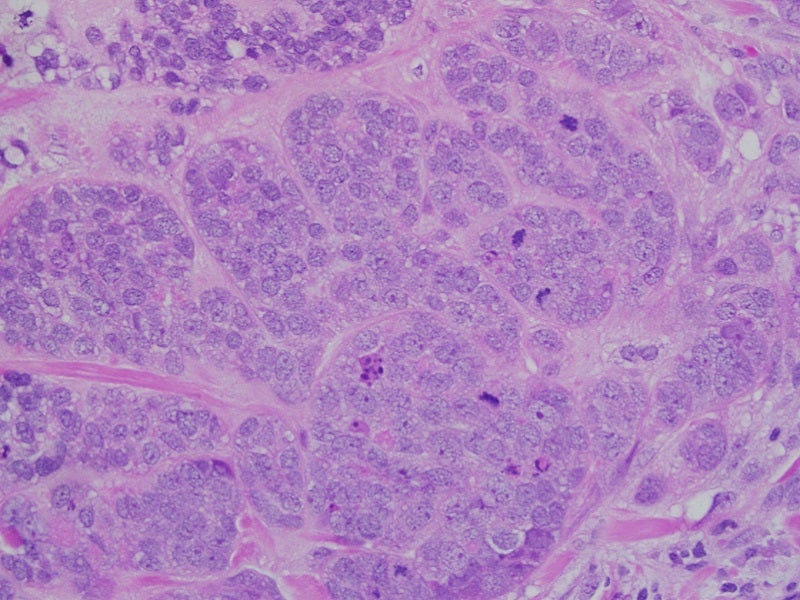
The European Union (EU) has granted approval for Daiichi Sankyo and AstraZeneca’s Enhertu (trastuzumab deruxtecan) as monotherapy to treat unresectable or metastatic HER2 low (IHC 1+ or IHC 2+/ISH-) breast cancer adult patients.
Enhertu has been approved for patients who have previously received chemotherapy in the metastatic setting or who have seen disease recurrence during or in six months after adjuvant chemotherapy.

Discover B2B Marketing That Performs
Combine business intelligence and editorial excellence to reach engaged professionals across 36 leading media platforms.
Being co-developed and co-marketed by AstraZeneca and Daiichi Sankyo, Enhertu is a particularly engineered HER2-directed antibody-drug conjugate (ADC).
It has been developed using the DXd ADC technology from Daiichi Sankyo.
The European Commission’s approval comes after the positive opinion of the Committee for Medicinal Products for Human Use.
It is also based on the data obtained from the DESTINY-Breast04 Phase III trial, which assessed Enhertu’s safety and efficacy against the physician’s choice of chemotherapy.

US Tariffs are shifting - will you react or anticipate?
Don’t let policy changes catch you off guard. Stay proactive with real-time data and expert analysis.
By GlobalDataFindings from the study showed that Enhertu reduced 50% of disease progression or death risk and increased median overall survival by over six months compared with the physician’s choice of chemotherapy.
Daiichi Sankyo president and CEO and Oncology Business global head Ken Keller said: “The approval of Enhertu in HER2 low metastatic breast cancer represents a significant clinical advance for patients in Europe with both HR-positive and HR-negative disease who previously have had limited treatment options in the late-line setting.
“This milestone also supports our vision to bring Enhertu to more patients across the HER2 spectrum, which requires a change to the breast cancer classification system that has been guiding treatment for more than two decades.”




